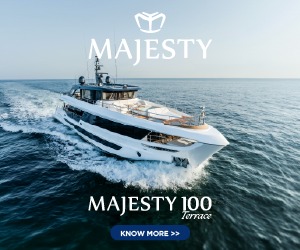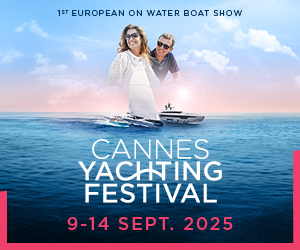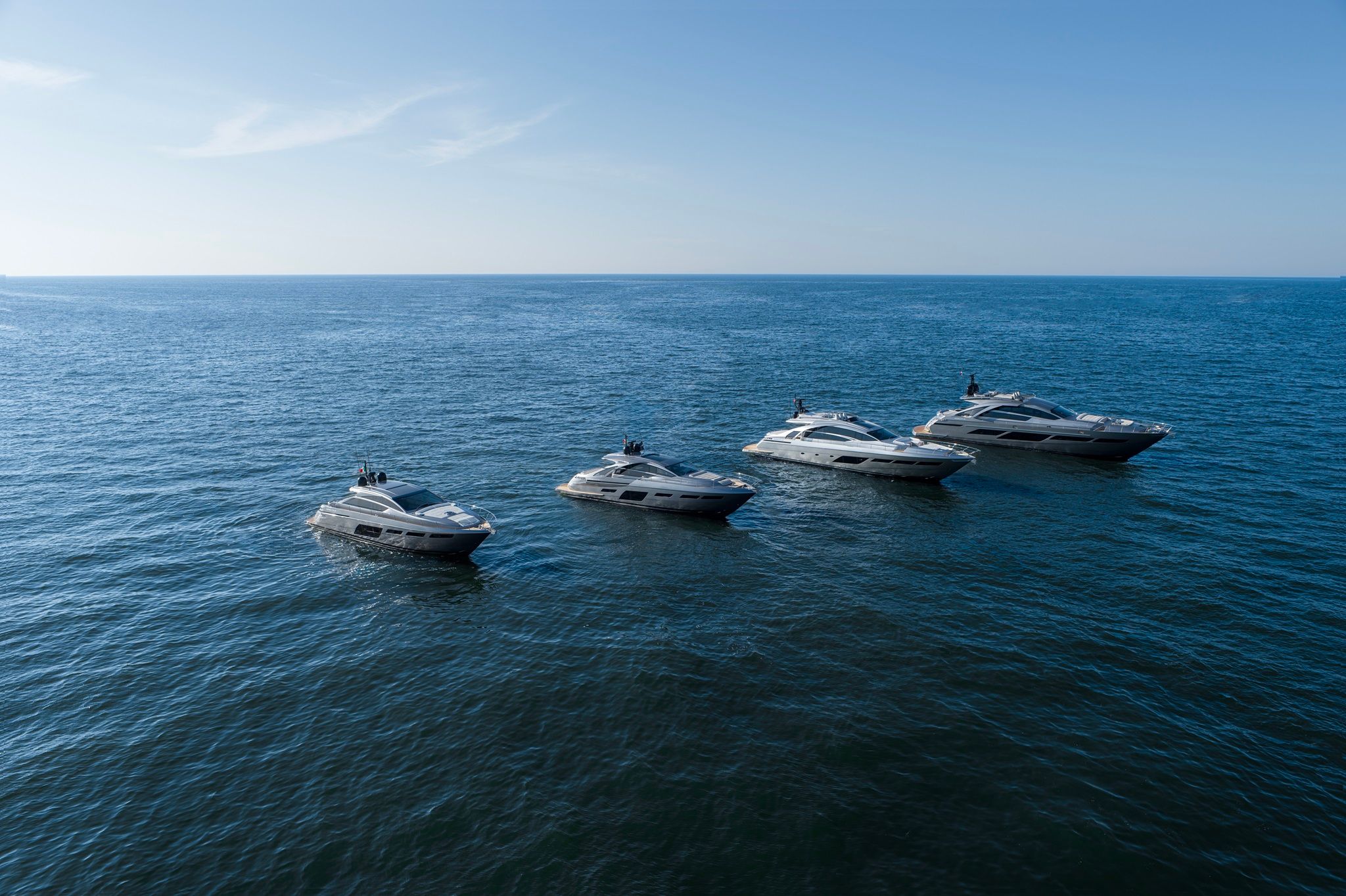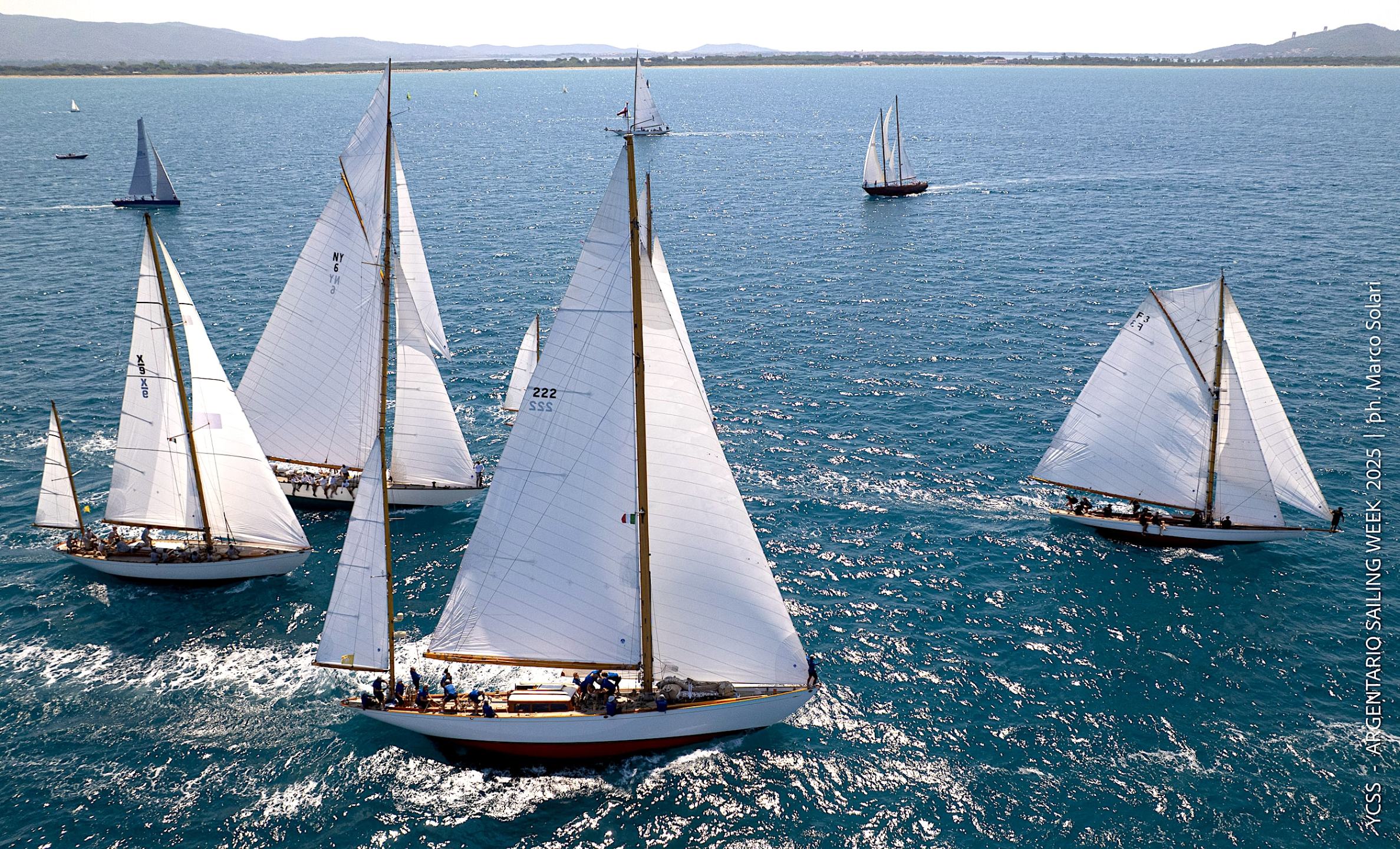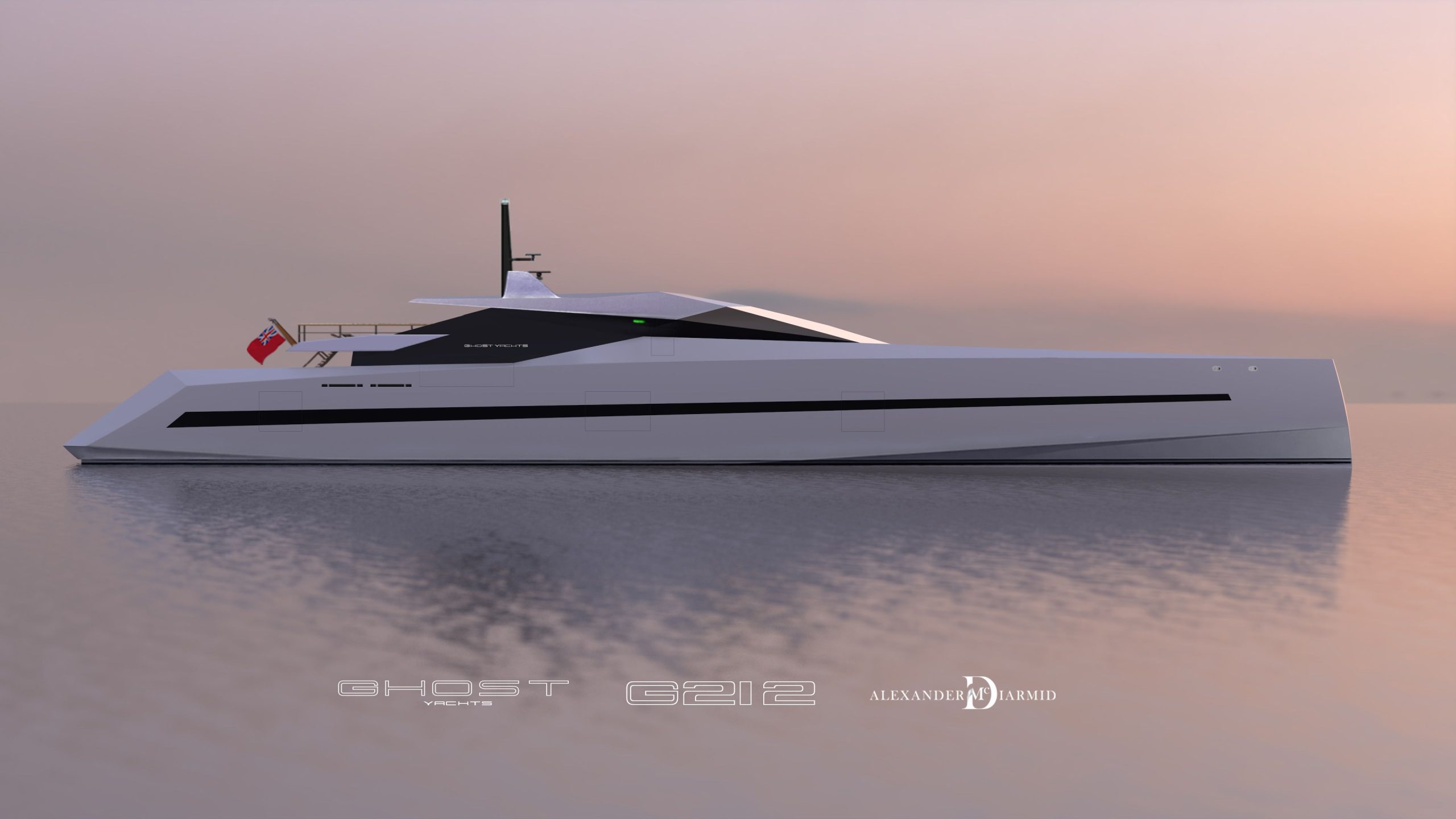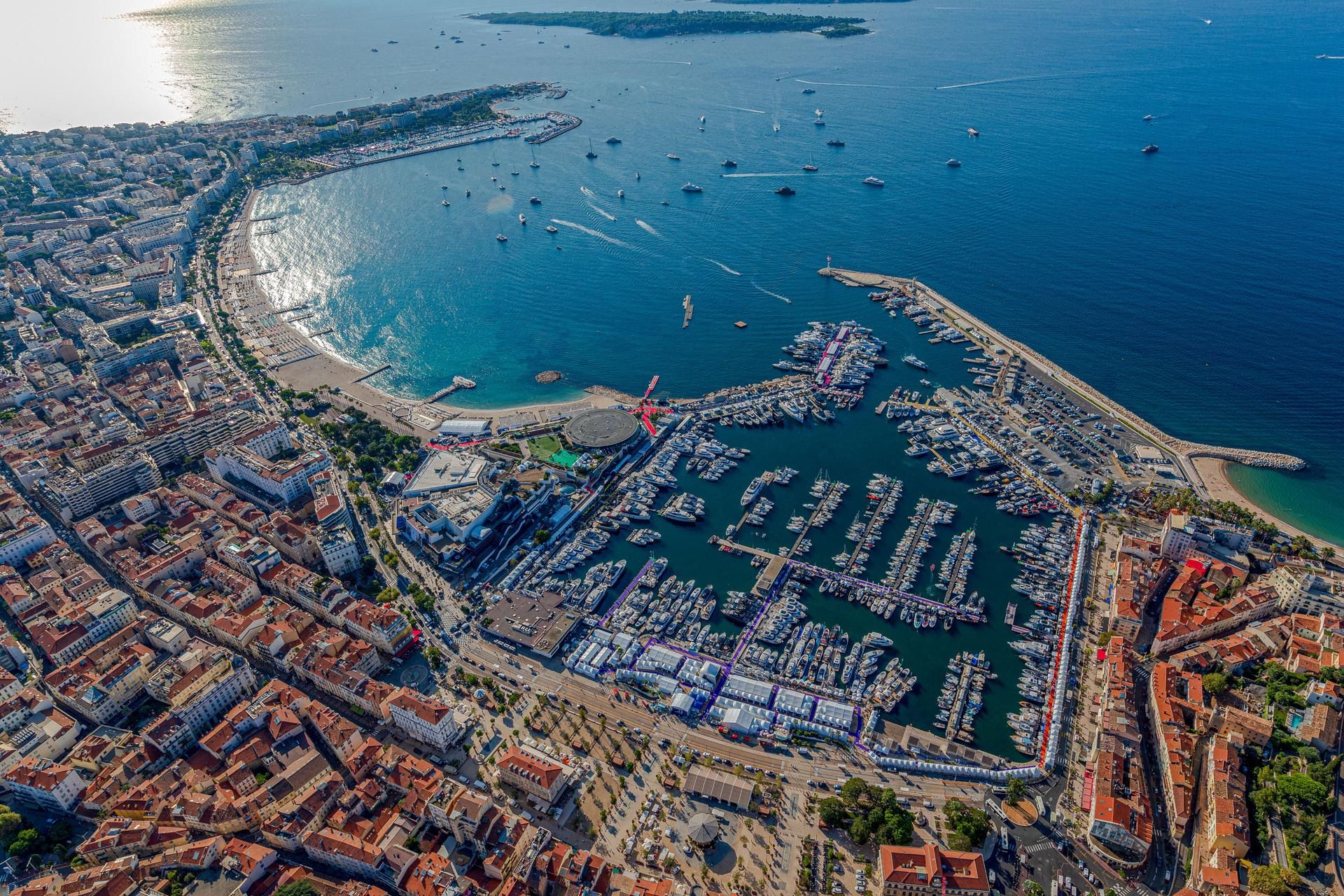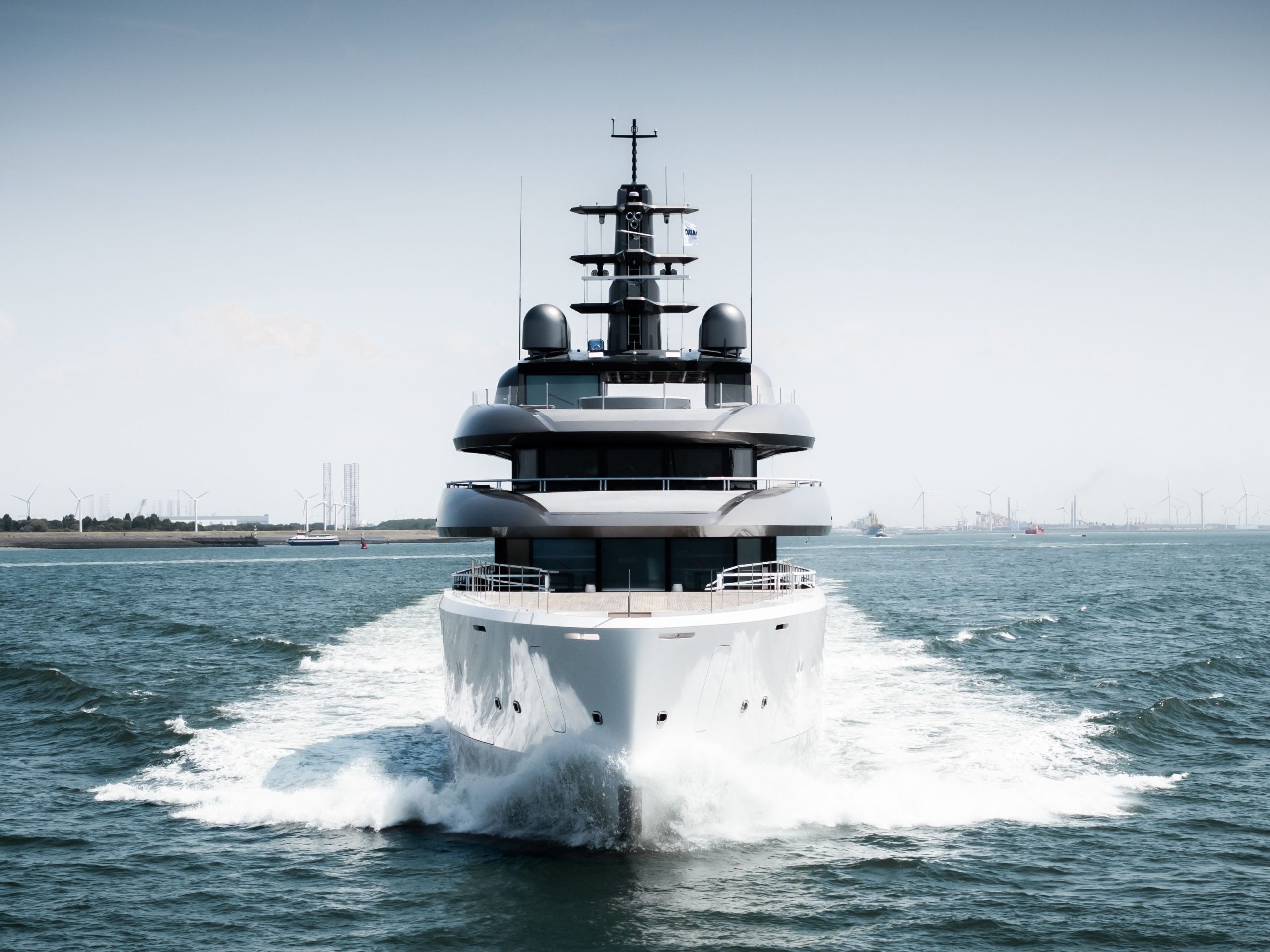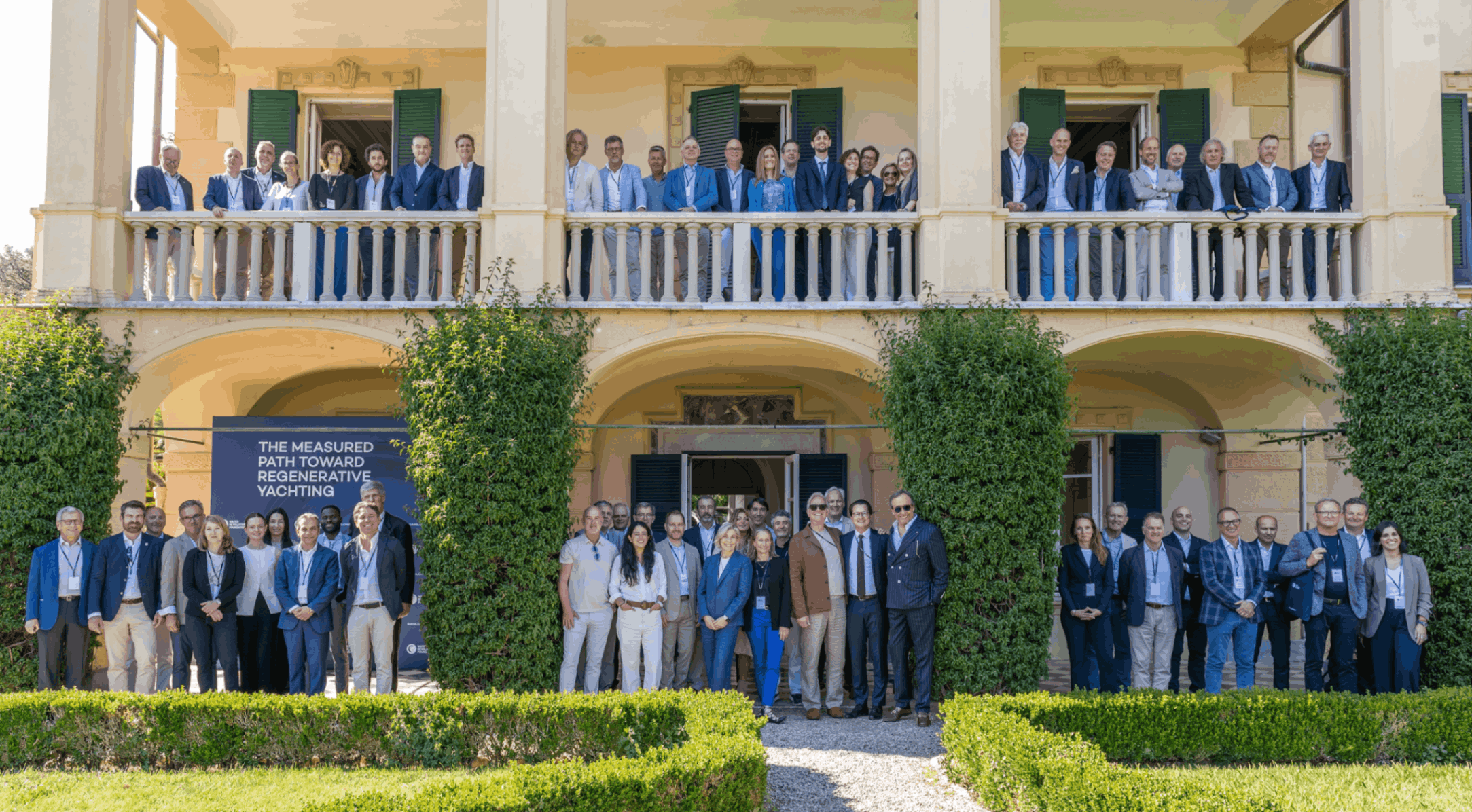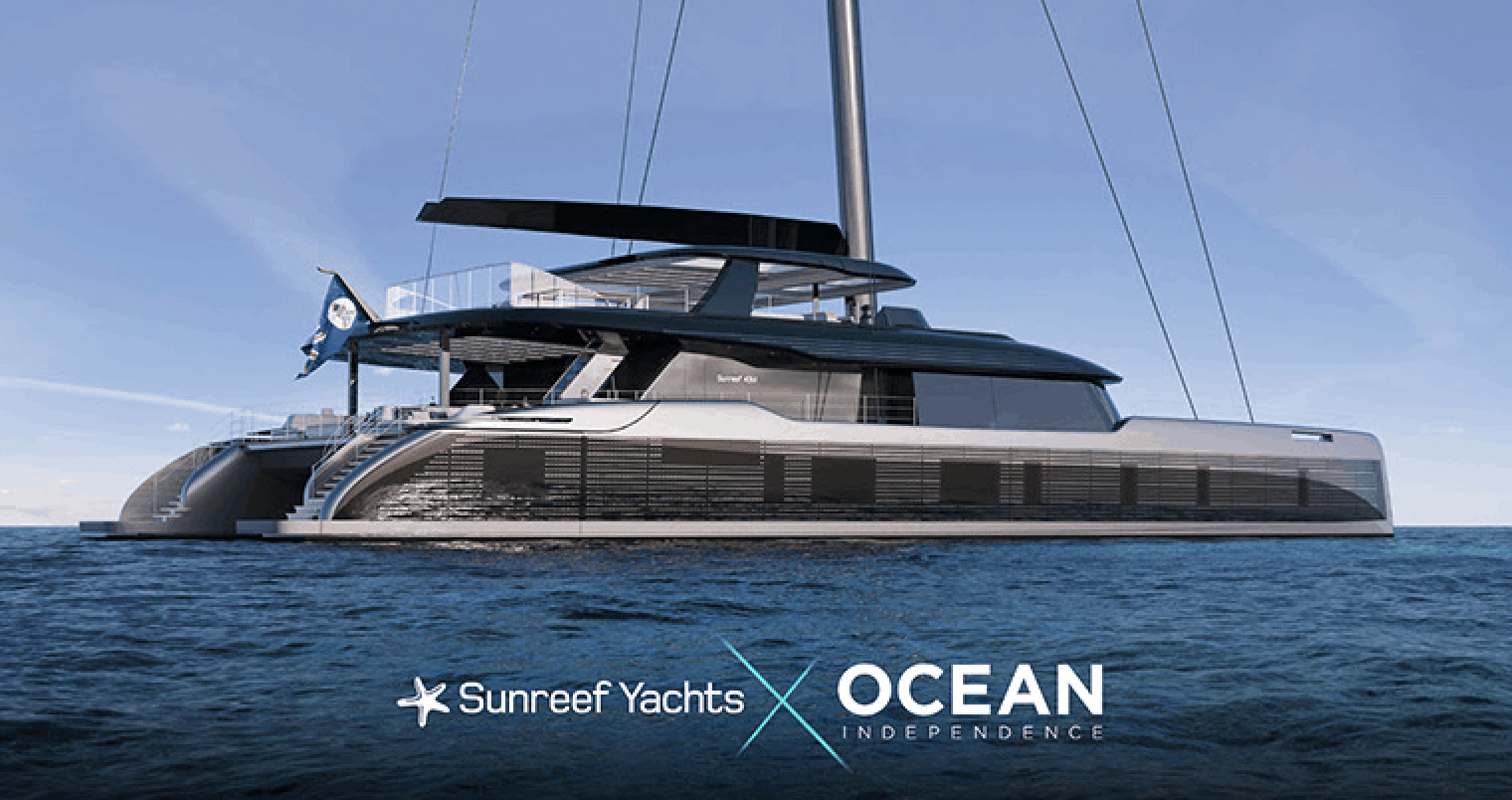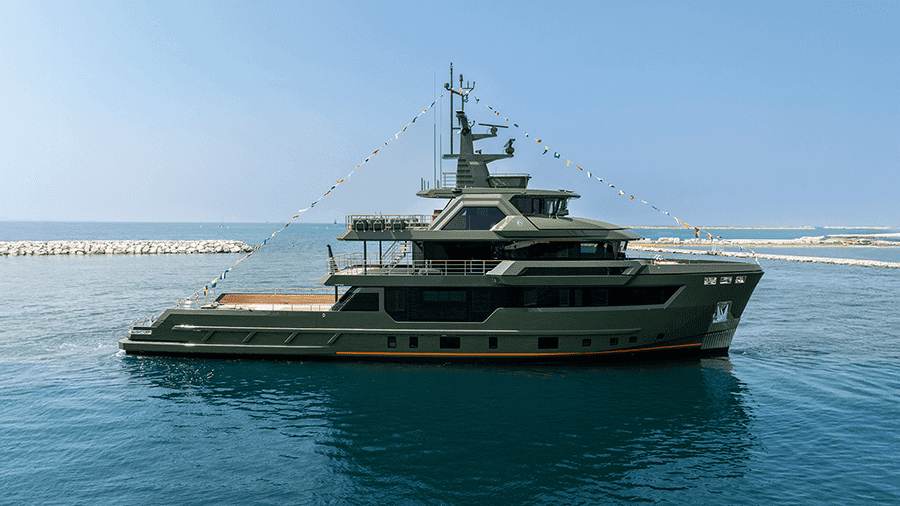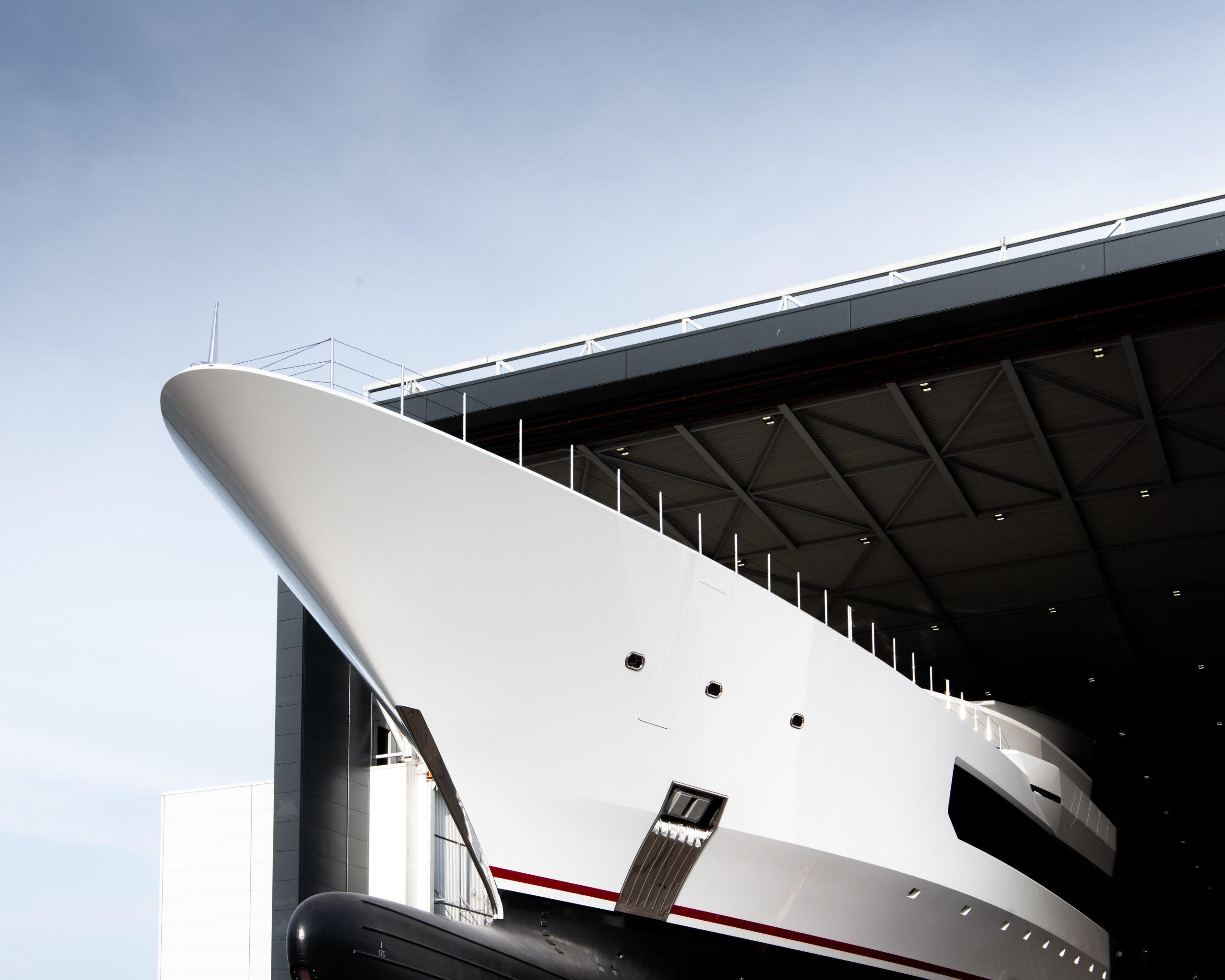AZIMUT IS THE PROTAGONIST OF THE 2023 CANNES YACHTING FESTIVAL WITH TWO WORLD PREMIERES

The Cannes Yachting Festival 2023, scheduled from the 12th to the 17th of September, is the ideal stage for Azimut to present the world premieres of two new products: the Magellano 60, a crossover with timeless design that reveals contemporary accents, and the Verve 48, the new outboard for adrenaline enthusiasts. The new S7 will be publicly displayed in the water for the first time, moored alongside the two premieres together with other models of the Azimut fleet.
Cannes Yachting Festival 2023, the most important European boat show officially opening the nautical season will feature Azimut with various models on display, two of these for their world premieres.
Among the novelties, there is the Magellano 60, a crossover designed for owners who love long voyages full of adventure and charm. This 60-footer stands out for the large spaces on board, generous without compromising the elegance of Ken Freivokh’s lines. The cockpit is configured as a natural extension of the large lounge on the Main Deck and the stern transforms into a terrace capped with a transparent parapet that creates an Infinity Terrace overlooking the water that offers a navigation experience in complete harmony with nature and the sea.
The crossover soul of the Magellano 60 is also through the high efficiency Dual Mode semi-planing hull, which allows navigation at low speeds in total comfort but also to handle higher speeds by attenuating the impact of the waves and optimizing consumption and emissions. Furthermore, Magellano 60 is the model chosen by Azimut for the first voyage powered by HVOlution biofuel, produced by Eni Sustainable Mobility with 100% renewable raw materials. * The tests carried out by Azimut in the summer of 2023 recorded exceptional results in terms of compatibility and performance. The combination of the Dual Mode hull and biofuel has allowed a well-to-wake reduction in CO2 emissions of more than 80% compared to a yacht of comparable size powered by fossil diesel.
From the Verve Series, the new Verve 48 makes its global debut at the Cannes Boat Show. This sport-weekender presents interesting developments designed by Azimut in collaboration with Francesco Struglia, who designed the interiors and exteriors. The stern area is completely new, larger and integrated with two ladders to easily get into the water. On the left, and in continuity, a swim platform of unprecedented width opens up. These two elements form a single, extended platform on the water offering the possibility to experiencing the sea in freedom.
The powerful and agile nature of the Verve 48 is unleashed by the three 600hp Mercury V12s, which allow you to reach up to 50 knots and cruise efficiently with fuel consumption reduced by 15%. Noise is also reduced by up to 10 decibels compared to the previous Verve 47 and is appreciated from the first moment you get on board, barely being able to hear the engines starting. On the one hand a sporty and gritty soul, on the other welcoming and convivial: the layout of the cockpit allows, thanks to the geometry and optimization of spaces, a fun or more relaxed experience depending on the moment. Another distinctive feature of Verve 48 is the new hardtop, slender and enveloping in shape, also available with a tempered glass insert which, in addition to lightening the structure of the hardtop, lets in light and air even at anchor.
Finally, the S7, the sport yacht with a green soul, is featured on the water for the first time. A newcomer to the S Series, premiered at Boot Düsseldorf 2023, the S7 is a stylish motoryacht with a sporty and sustainable soul. Born from the collaboration between the yacht designer Alberto Mancini and the creative boutique Yachtique, this 22-meter cruiser is part of Azimut’s Low Emission Yacht family, thanks to advanced naval architecture combined with the highly efficient propulsion entrusted of 3 Volvo IPS engines and optimized hull lines, designed in collaboration with P.L. Ausonio Naval Architecture. The combination achieves a reduction in consumption and CO2 emissions of up to 30% at the most frequent speeds of use compared to a boat of the same weight and size with a traditional hard-chine hull and shaft line.











